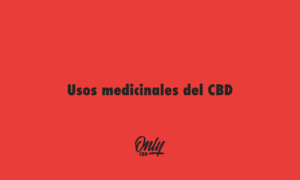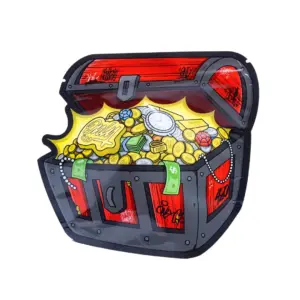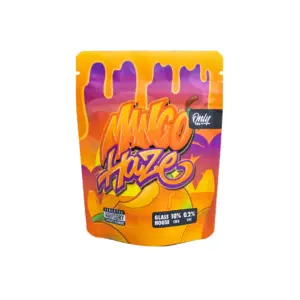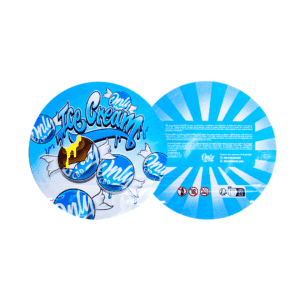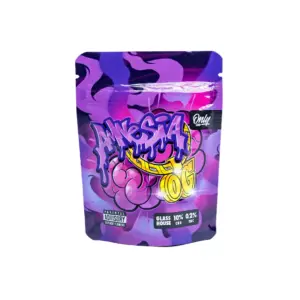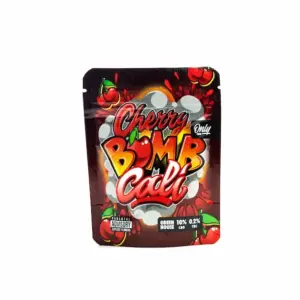Can CBD help people with cancer?
There are already several studies that can answer this question, and many scientists are already studying whether CBD could alleviate some of the effects of cancer treatment, which is notoriously painful and burdensome to endure. In addition, many are also studying whether CBD could slow or stop cancer growth.
To date, no study has been able to fully demonstrate that CBD has any benefits for the treatment of cancer patients.
Most studies evaluating CBD as a cancer treatment have been conducted on animals, specifically mice, or on human cells in the laboratory. For example, some studies have shown that CBD inhibits the growth of cancer cells in mice with lung or colon cancer. Another study showed that CBD, along with THC, killed glioblastoma cancer cells in the laboratory. However, no studies have been conducted on people with cancer.
However, there have been some studies showing that CBD, alone or in conjunction with THC, can relieve pain, insomnia, or anxiety, but these studies were not specific to people with cancer. While no specific studies to date have shown that CBD facilitates the treatment of these side effects, some people with cancer have reported benefits from taking CBD, such as help with nausea, vomiting, depression, and other side effects. According to the American Society of Clinical Oncology, your doctor may consider prescribing cannabinoids for chronic pain relief and management if you live in a country where it is legal. However, the American Society of Clinical Oncology guidelines also indicate that there is insufficient evidence to support the use of cannabinoids to prevent nausea and vomiting in people with cancer receiving radiation therapy or chemotherapy.

Is CBD safe for people with cancer?
There are real stories of people discussing the benefits of CBD as a cancer treatment or for relieving side effects. These are just personal stories, and while they may be well-intentioned, they are always unscientific and unsupported by any scientific evidence. The safety and efficacy of CBD for people with cancer have yet to be demonstrated in large, randomized, controlled clinical trials.
Another thing to keep in mind is that some studies have shown that CBD may interfere with the way your body processes cancer drugs, a condition known as a drug interaction. This could make cancer treatments more toxic or less effective. Much research is still needed on this topic, but it's a possible possibility. For these reasons, always inform your doctor if you're considering using CBD before doing so.
Another question you should also ask yourself is whether CBD is legal where you live. Hemp can be used to make things like rope and clothing, in addition to CBD oil. In other words, hemp is no longer a controlled substance, meaning it's not regulated by the government. This means consumers should evaluate the safety and quality of CBD products for themselves. Some types of CBD, for example, can have much higher levels of THC than stated on the label. However, in Spain, there are several registered companies with years of experience, as is the case with ours.
The bottom line is this: Always talk to your doctor first if you're thinking about using CBD. Because research doesn't yet support CBD's use to help people with cancer, it's important to discuss the topic with your doctor before using it. There are several ongoing clinical trials studying CBD in cancer care, and you and your oncologist can discuss the potential benefits and risks of participating in a research study to help answer some of the questions about CBD, including whether it can reduce side effects or improve quality of life.





